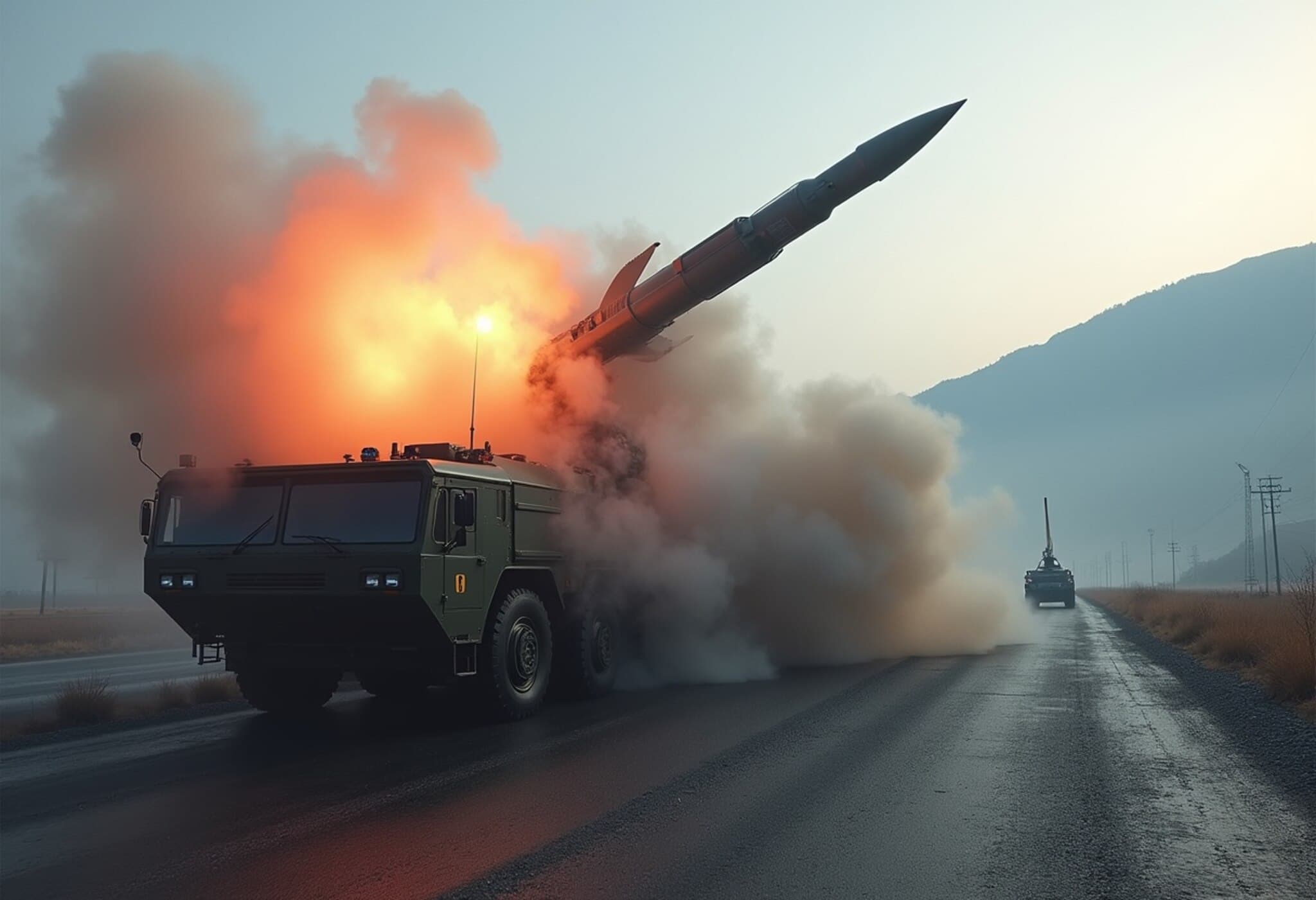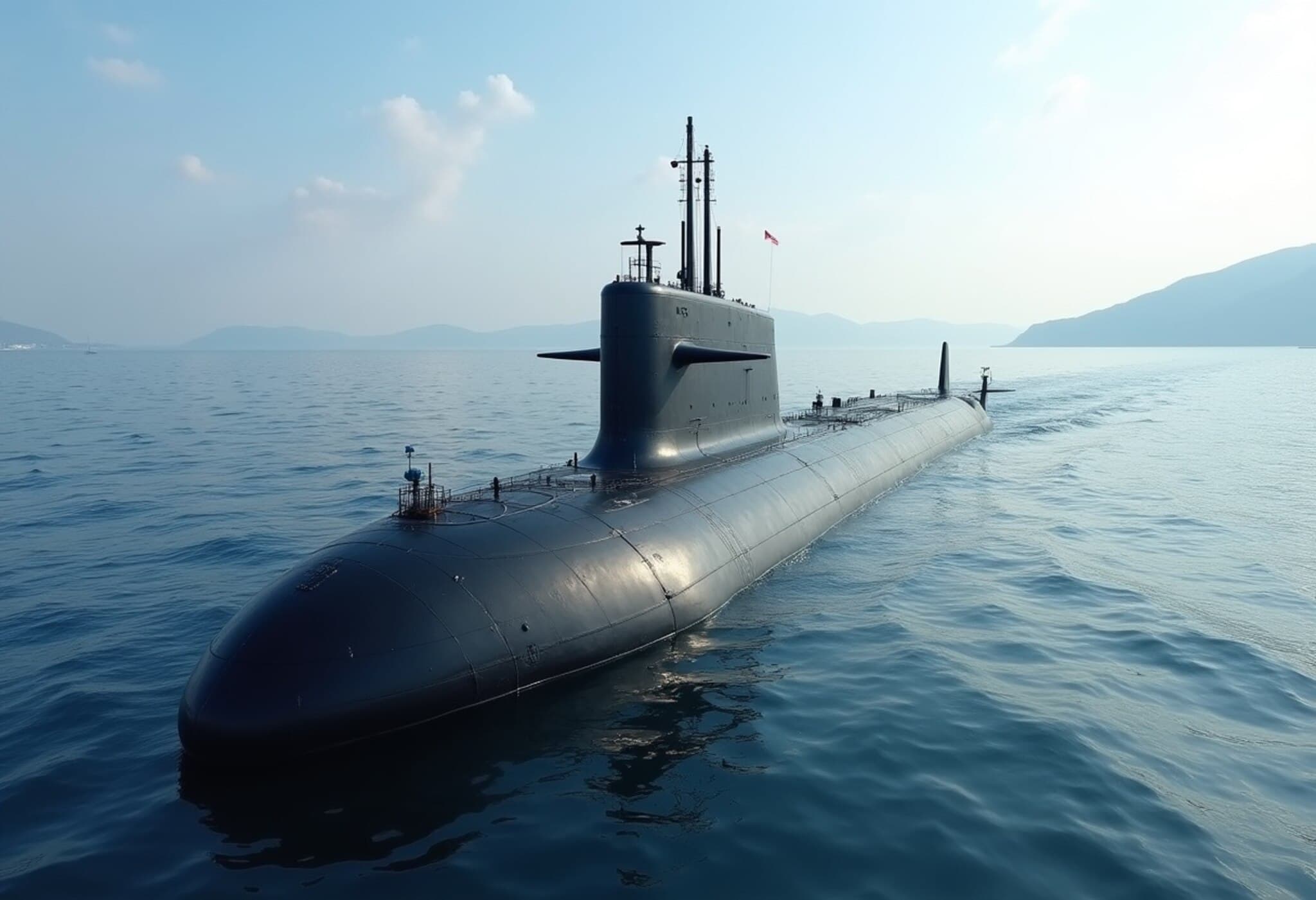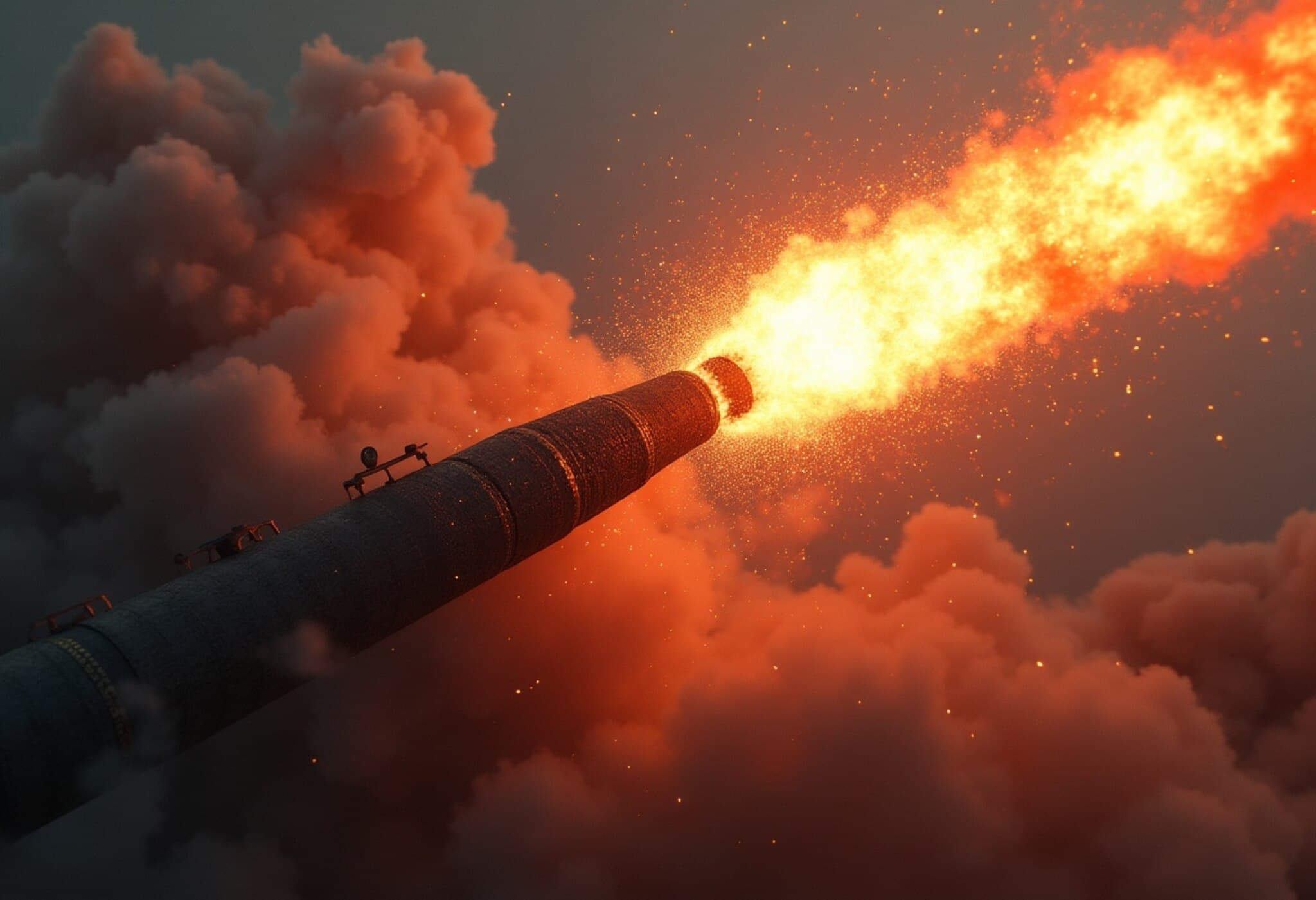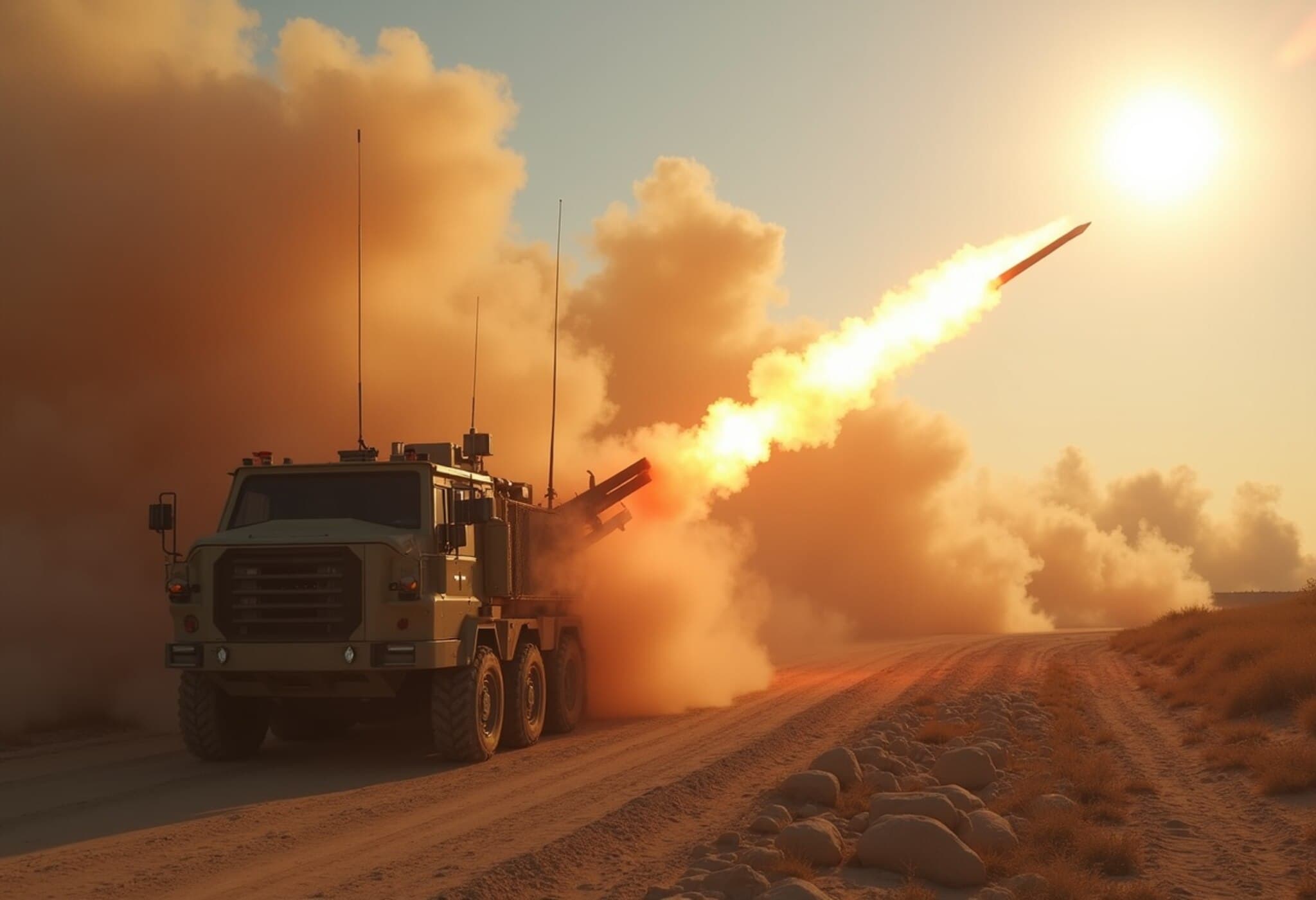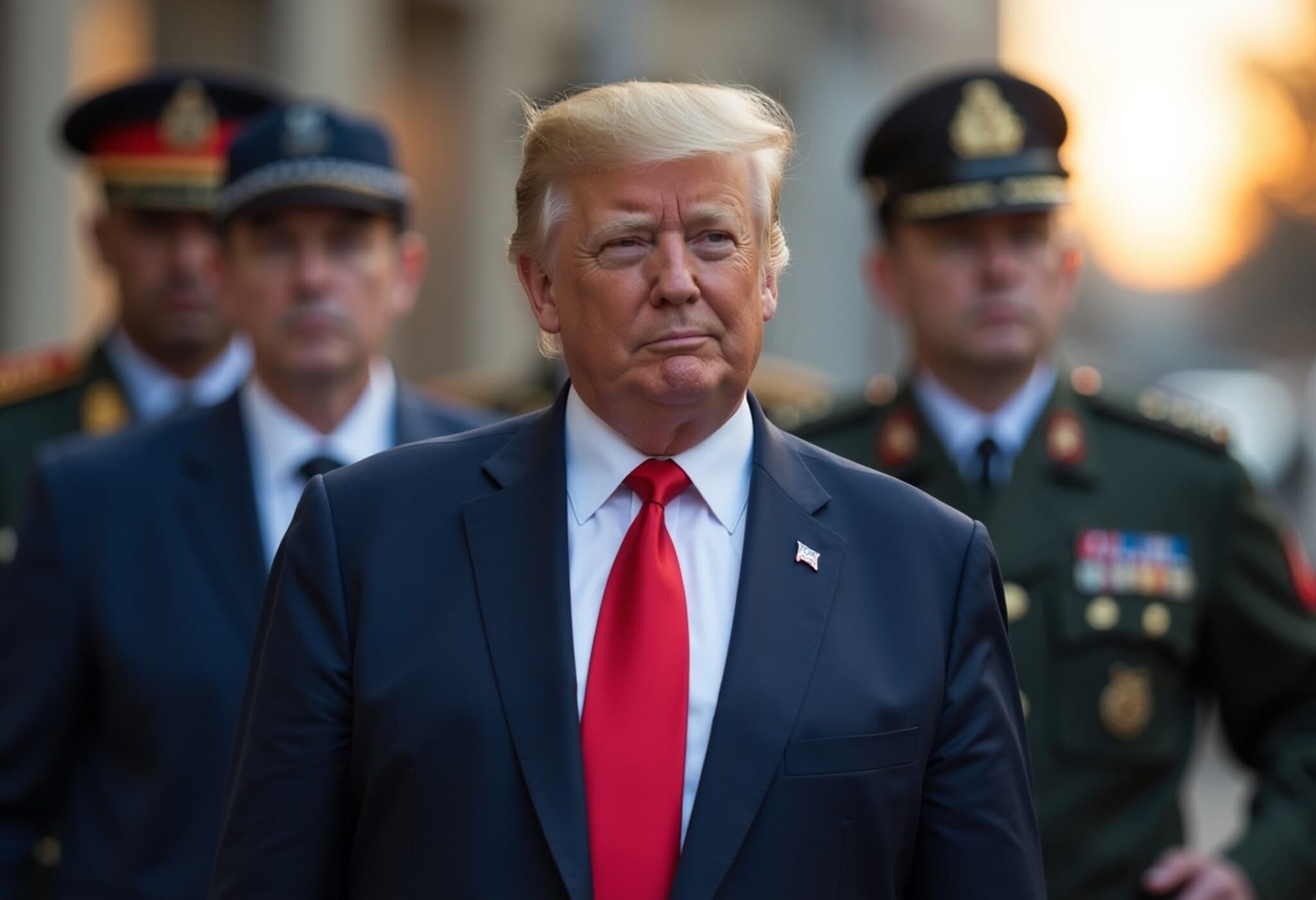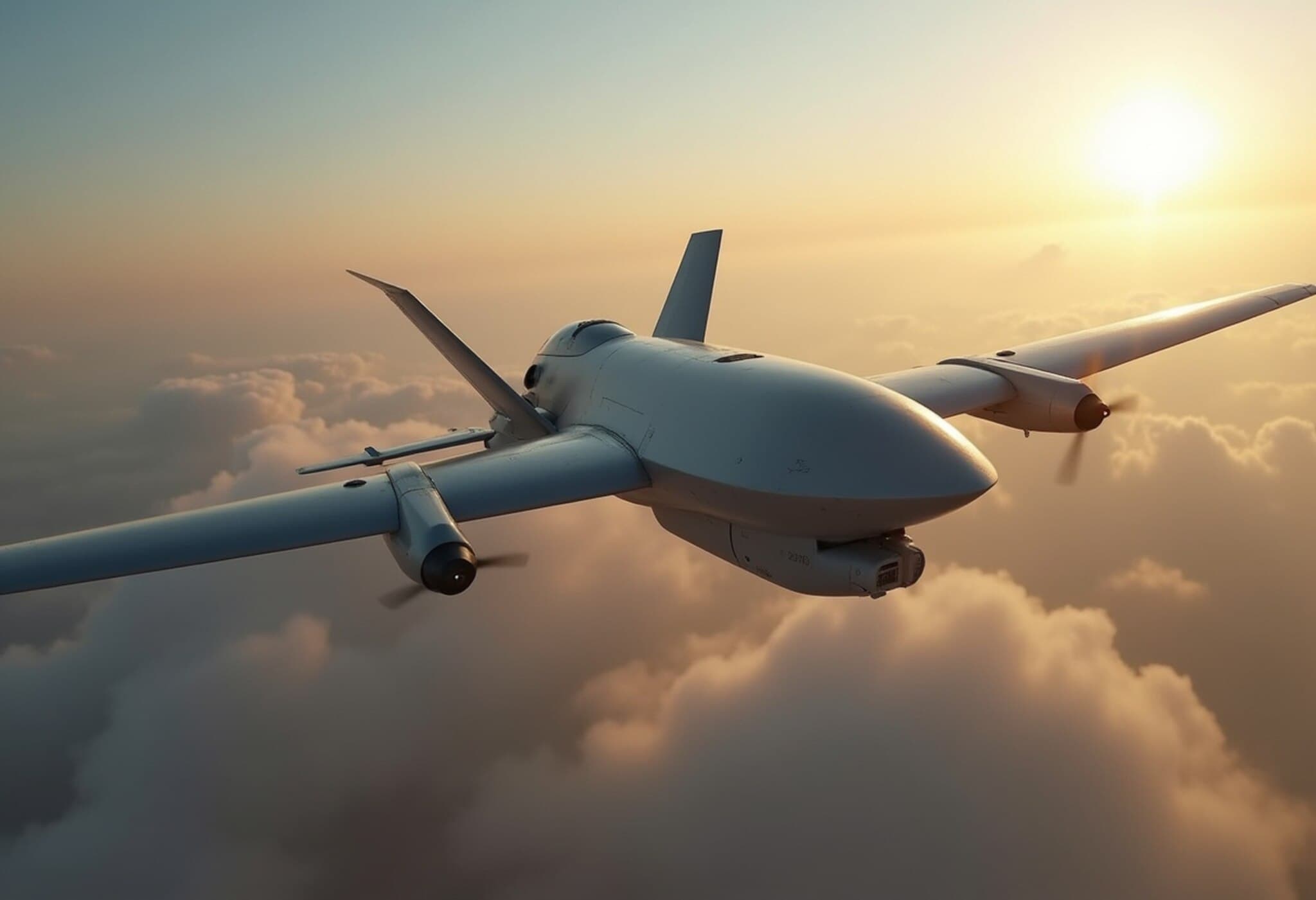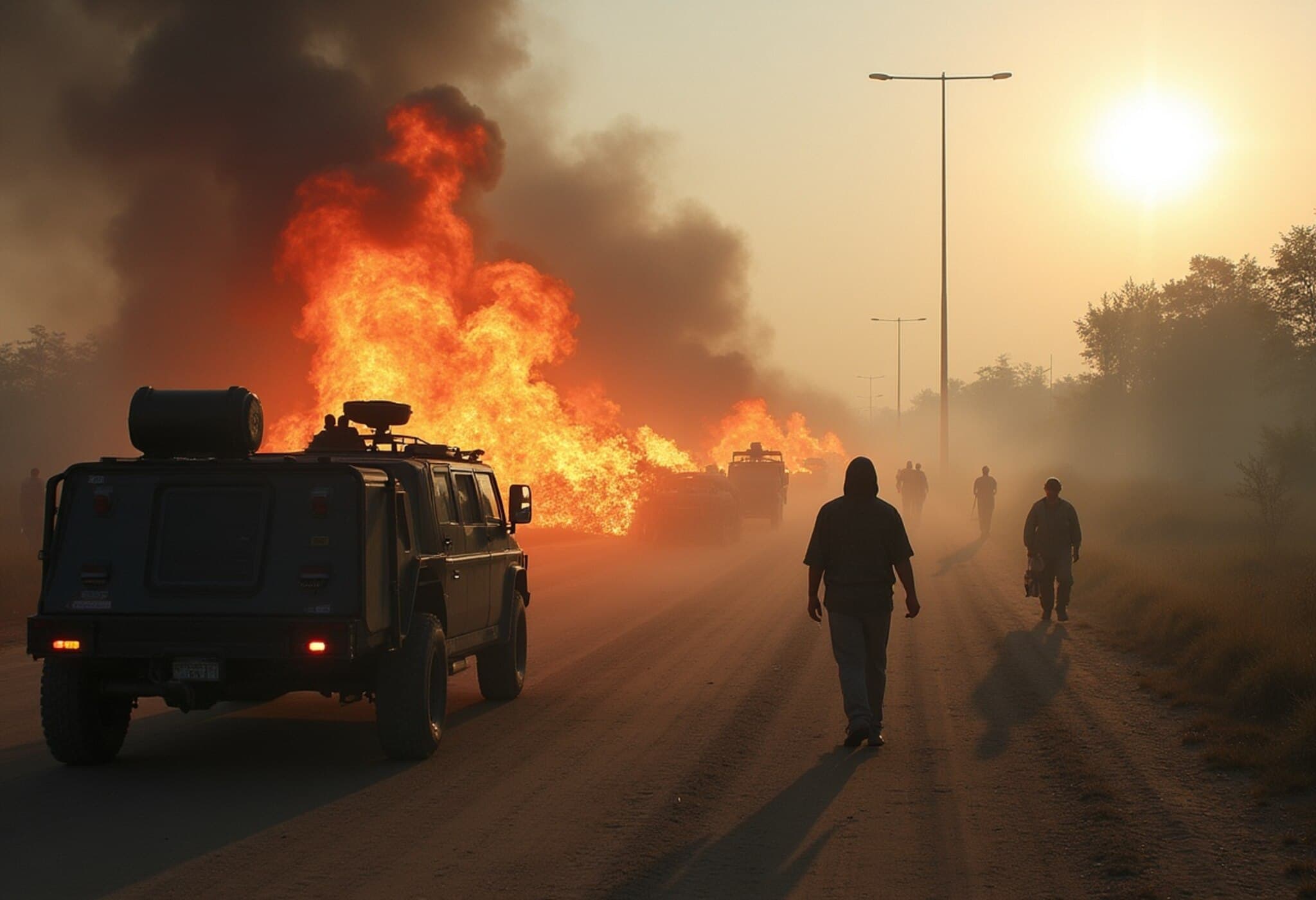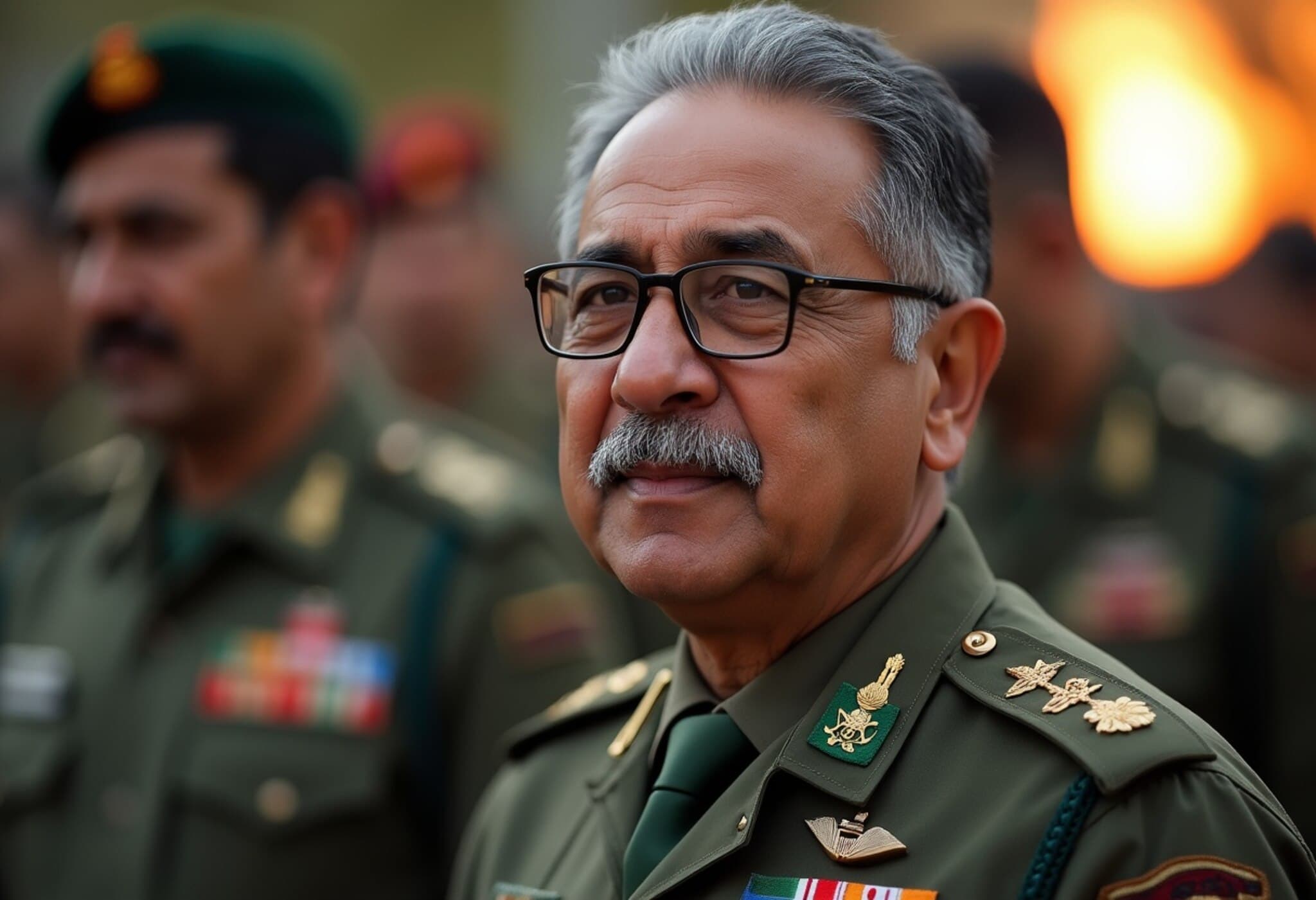Japan Marks Milestone with First Missile Test on Home Soil
In a significant move to bolster its defense posture, Japan successfully fired a Type 88 surface-to-ship short-range missile during a test conducted on its own territory for the first time. The exercise took place at the Shizunai Anti-Air Firing Range on Hokkaido, Japan’s northernmost main island.
Details of the Missile Test
Approximately 300 personnel from the Ground Self-Defense Force’s 1st Artillery Brigade participated in the drill. The missile was launched at a target: an unmanned boat positioned about 40 kilometers off Hokkaido's southern coast. This marked a key departure from past practices when Japan generally conducted missile tests overseas, primarily in the United States or Australia, due to domestic space and safety concerns.
A Shift Toward Greater Military Self-Reliance
This inaugural domestic launch highlights Japan’s commitment to enhancing its defensive capabilities as regional geopolitical tensions mount—particularly concerning China’s assertive naval activities and the increased joint military maneuvers between China and Russia around Japanese waters. Japan’s evolving military strategy also reflects heightened alertness regarding its northern neighbor Russia, with whom it has ongoing territorial disputes.
Expanding Japan’s Strategic Arsenal
Notably, Japan is moving beyond its traditional pacifist stance, which historically limited defense to self-protection only. Since 2022, under a new five-year security strategy, Japan has identified China as its greatest strategic challenge and is strengthening its alliance with the United States.
Among Japan’s planned military enhancements are the deployment of long-range cruise missiles, including U.S.-made Tomahawks, expected to be operational later this year. Meanwhile, Japan is developing Type 12 surface-to-ship missiles capable of reaching targets about 1,000 kilometers away — roughly 10 times the range of the Type 88 missile tested.
The Type 88 missile, designed and manufactured by Mitsubishi Heavy Industries, is a truck-mounted guided missile with an estimated range of 100 kilometers.
Future Developments in Missile Testing
Japan is also preparing to construct a missile-firing range on Minamitorishima, an uninhabited island in the western Pacific. This location has recently gained strategic significance after sightings of two Chinese aircraft carriers operating together nearby, signaling a new level of naval activity in the region.
As evaluations from the recent test continue, this development marks a crucial step in Japan’s pursuit of a more autonomous and proactive national defense approach amid an increasingly complex security environment in East Asia.

